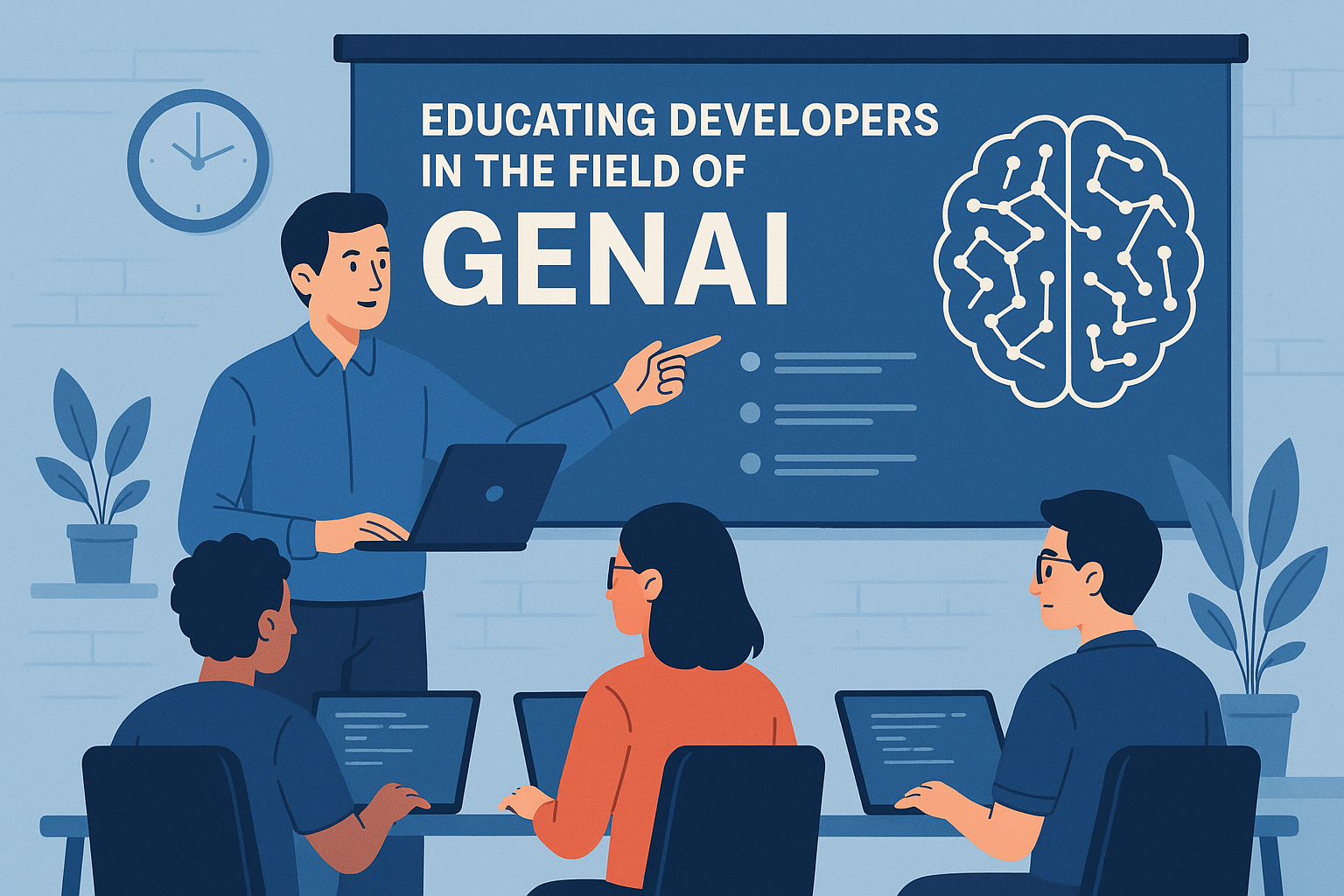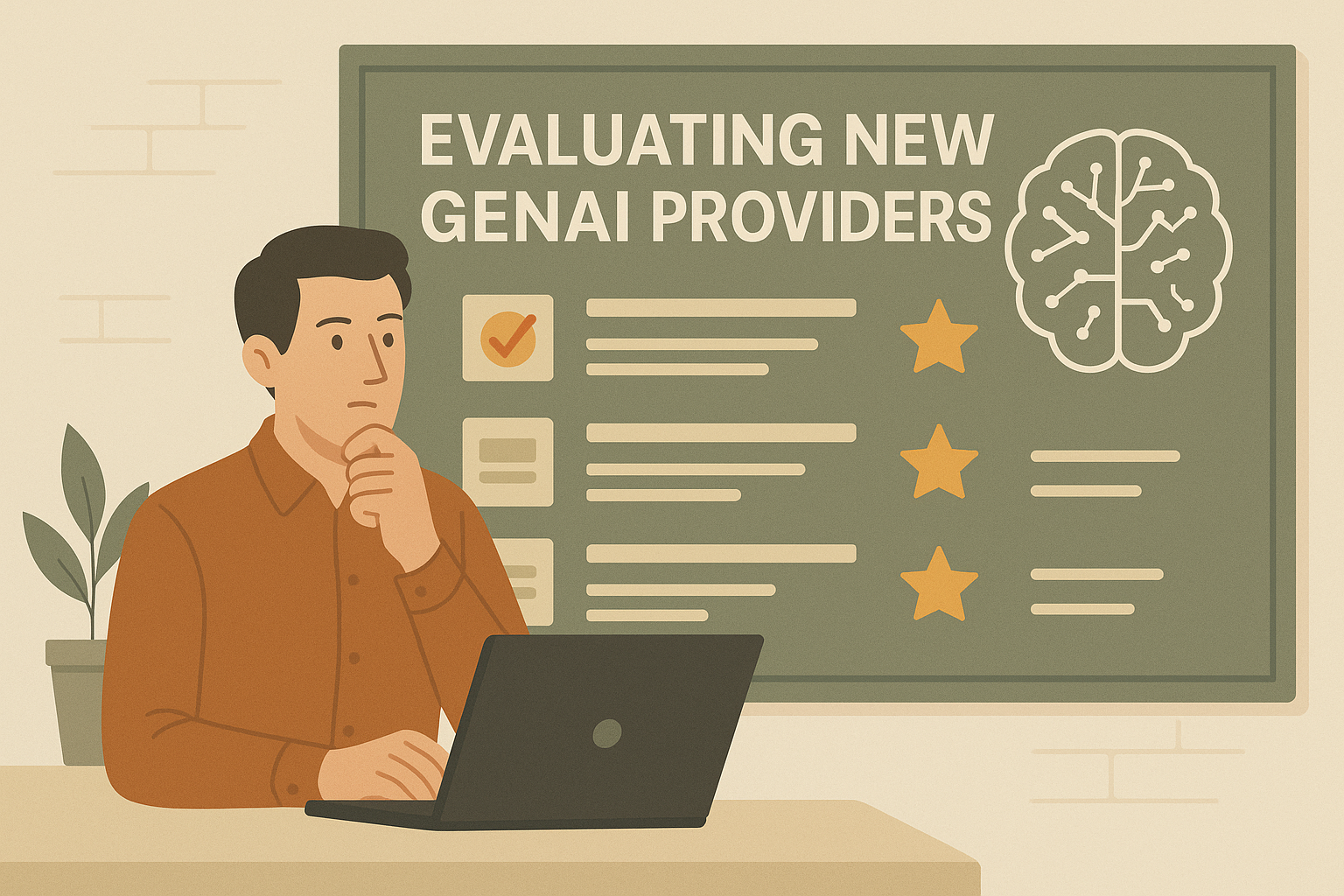What makes a great GenAI use case in engineering?
Great GenAI use cases in engineering aren’t flashy, they’re practical. They target repetitive pain points, deliver measurable improvements, scale across teams, and accelerate human judgment instead of replacing it.
The GenAI Shift in Engineering Has Begun… Are You Ready?
The past year has marked a turning point in how software engineering teams operate. GenAI is no longer just a curiosity in the hands of a few enthusiasts, it’s becoming a foundational layer in how we design, build, and maintain software. At Booking.com, where we rollout GenAI across our 3,000+ engineers, we’re seeing firsthand how powerful and how complex this transformation can be.
Unlocking the Power of GenAI: Why Education is Key for Engineering Organizations
The integration of Generative AI (GenAI) into engineering workflows holds immense potential to revolutionize productivity, reduce technical debt, and accelerate modernization initiatives. However, simply deploying these powerful tools isn't enough. Our experience shows that education and training are paramount to successful GenAI adoption within an engineering organization.
How to Systematically Evaluate GenAI Tools: A 5-Phase Framework
The GenAI landscape is exploding with new tools emerging daily. For engineering organizations, this presents a massive opportunity, but also a significant challenge. Evaluating multiple providers is paramount, but how do you choose the right tools to maximize innovation and ROI while minimizing risk?
Measuring the ROI of GenAI in Engineering: The Cody Experiment
The article explores how to measure the ROI of Cody, a GenAI-powered coding assistant, in engineering. It discusses the challenges of quantifying productivity gains, the importance of adoption rates, and the impact on code delivery speed. Key metrics include hours saved, usage percentage, and speed to merge request. The findings reveal enhanced productivity, cleaner code, and increased developer satisfaction, but also highlight the need for tailored onboarding and cultural alignment. The journey is ongoing, with a focus on refining metrics and maximizing GenAI’s potential.
Declarative Code as Prompt: A New Paradigm for AI-Driven Software Development
Modern software development faces a persistent challenge: balancing quality and technical debt at scale. Traditional imperative approaches require developers to manually fix issues, leading to inconsistent governance and mounting technical debt.
Declarative Prompt as Code changes the game by enabling developers to define rules, invariants, and constraints about their codebase, enforced continuously by AI-powered agents. This revolutionary approach transforms governance from a reactive chore into an automated, self-healing system that integrates seamlessly into developer workflows.
Discover how this paradigm shift reduces technical debt, enhances productivity, and ensures that today’s code doesn’t become tomorrow’s legacy.
Read more to explore the future of AI-driven software governance.






